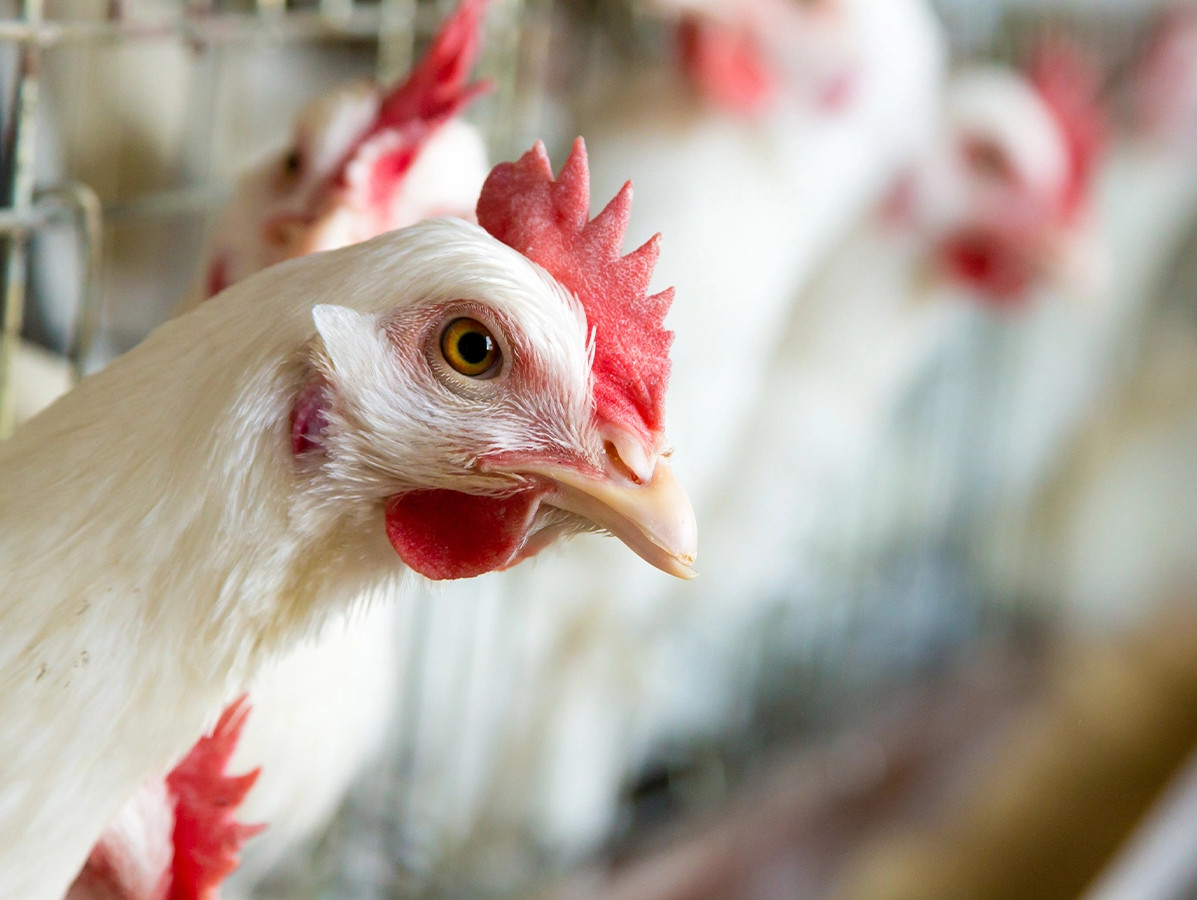
Global poultry trade is running at full speed, yet tensions on the world stage create uncertainty. This is highlighted in RaboResearch's latest animal protein report. The demand for chicken remains strong, driven by a limited supply of alternative proteins and price-conscious consumers. However, the sector faces looming risks from geopolitical tensions and avian influenza.
Favourable market conditions boost poultry producers in many regions. Global poultry consumption is expected to grow by 2.5% to 3% this year. This marks the second consecutive year of above-average market growth. “Almost all regions are currently experiencing profitable market conditions,” says Nan-Dirk Mulder, Senior Analyst Animal Protein at RaboResearch. The exception is China, which is dealing with economic headwinds, low consumer confidence, and an oversupply of meat. At the same time, persistently high prices for other proteins continue to push up the demand for chicken.
The global spread of avian influenza remains a major challenge. The supply of parent stock and hatching eggs is still tight, limiting production growth. As a result, vaccination is increasingly coming into focus. “More and more countries are using vaccination to reduce the risks of avian influenza,” says Mulder. France, for instance, managed to sharply reduce the number of cases following severe outbreaks thanks to vaccination. Countries in parts of Asia and Latin America, often with limited export dependency, are also adopting this approach.
Besides avian influenza, geopolitics will be the key factor to watch. Tariffs on US imports and retaliatory measures could shift global trade flows. Countries like Brazil and Thailand are already benefiting. Mulder explains: “They are gaining ground in markets such as China and Mexico, and this trend could continue if tensions escalate.” Indirectly, rising tensions could also disrupt the supply of agricultural commodities and feed ingredients. “Traders should be prepared to respond quickly to developments,” Mulder warns.
Source: Rabobank